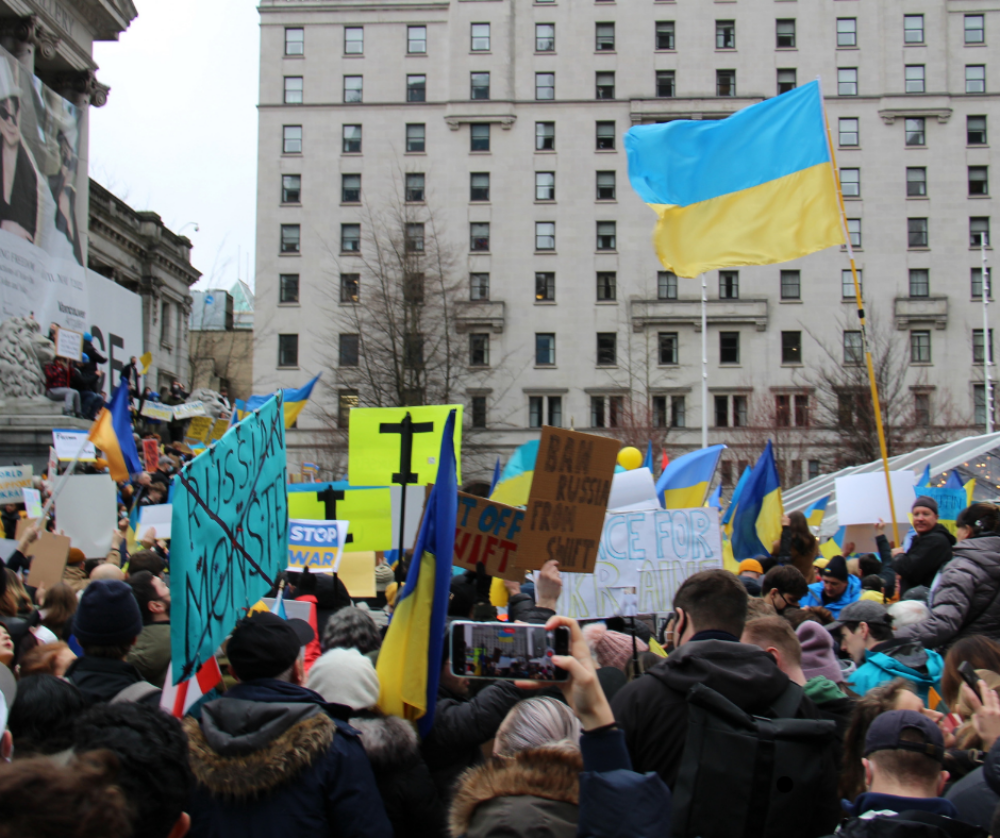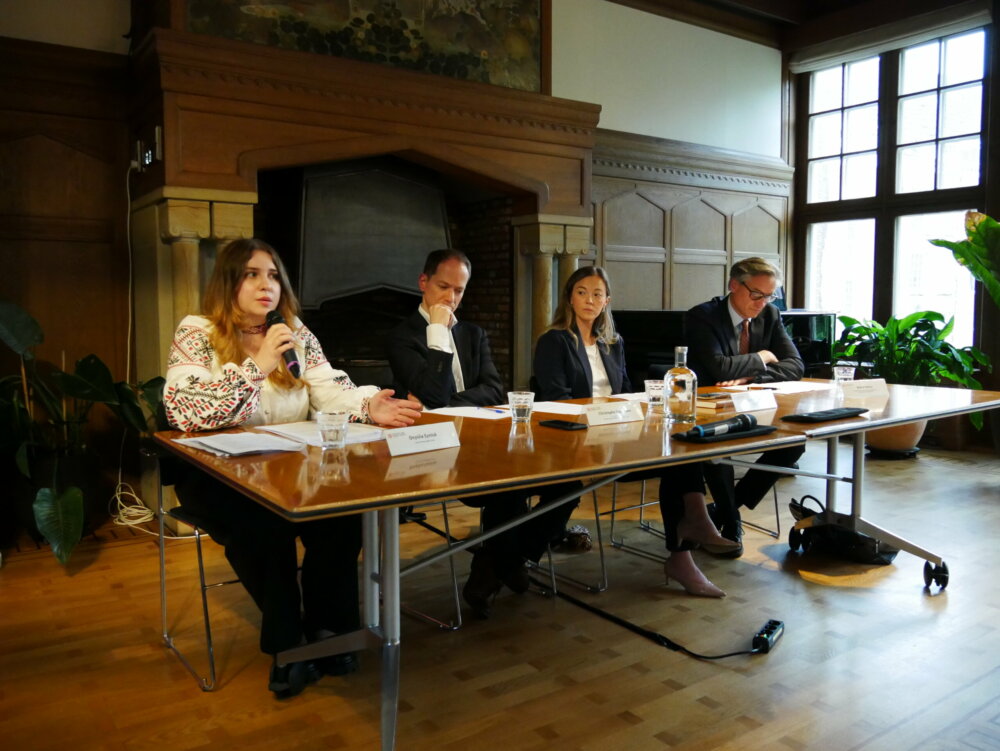Pussy Riot gets prison sentence, a new low for OSCE values
Around the globe, protests can be heard against the harsh prison sentence imposed on the three young members of the Russian punk band Pussy Riot. On the 17th of August, they were punished for a non-violent protest against the longtime Russian leader Vladimir Putin in the main Russian Orthodox Cathedral in Moscow in February this year. In their protest song, the women called on the Holy Mary to “chase Putin out”.
They were sentenced because of ‘hooliganism motivated by religious hatred’, which has drawn international condemnation, as many observers see this as a sign that legislation meant to counter hate crime in Russia is being used to silence political opposition groups. It is the common opinion in the outside world that the Russian leader wanted to show the three young women exactly who is the boss in Russia. But the reality is that he has displayed Russia as a country where the corrupt leadership is tampering with the rule of law and human rights.
After the controversial verdict, the OSCE’s indefatigable Representative on the Freedom of the Media, Dunja Mijatović, immediately issued a public statement in which she warned of a dangerous tendency towards curbing freedom of expression: “I see a trend in various countries where the authorities, social and religious groups and courts are taking a more restrictive stance on content considered to be offensive, morally questionable or dangerous for children. Most of the time it is a pretext for censoring content that is simply not mainstream and critical,” said Mijatović. This is clearly nice diplomatic wording to soften the view that the political leadership in several OSCE countries are curbing human rights in order to repress political opposition.
This becomes clear from her next statement: “Charges of hooliganism and religious hatred should not be used to curb freedom of expression. Speech no matter how provocative, satirical or sensitive should not be restricted or suppressed and under no circumstances should it lead to imprisonment.”
Mijatović correctly pointed out that OSCE participating states are obliged to be restrictive in their curbing of freedom of expression within their countries and that any limitation should be “prescribed by law, pursue a legitimate aim and be necessary in a democratic society.” The Russian authorities clearly do not feel committed to such limitations.
The leadership of the Russian Orthodox Church has called for “mercy” for the three young Pussy Riot band members in the hope that they will not repeat their acts of ‘blasphemy’. The three young women have been kept in pre-trial detention since February, even though two of them are young mothers. Although Putin might have wanted to demonstrate his ‘power’ by using the judicial system to punish his opponents, the outcome might very well be the opposite. It has demonstrated to the world once again the worrisome developments in Russia in the area of human rights and the rule of law. This seems to deteriorate further since Putin resumed the Russian presidency in March this year. This case may very well strengthen the resolve of the opposition against Putin in Russia. The German news magazine Der Spiegel does not need many words to express its opinion in a short title for its analysis of the Pussy Riot case: “Putin’s Russia is Becoming a Flawless Dictatorship”, describing the Pussy Riot case as the climax in his campaign against the opposition. Even the usually very moderate Thai daily Bangkok Post used strong language: “The suppression of Pussy Riot was a demonstration of Russian state brutality at its ugliest”, adding that “Stalin smiled in his grave”. The editorial also remarked that “Pussy Riot, it needs saying, is a rather unpleasant group of politically militant females”, although it correctly adds: “But freedom of speech controversies seldom involve politeness.”



Comments
* Your email address will not be published